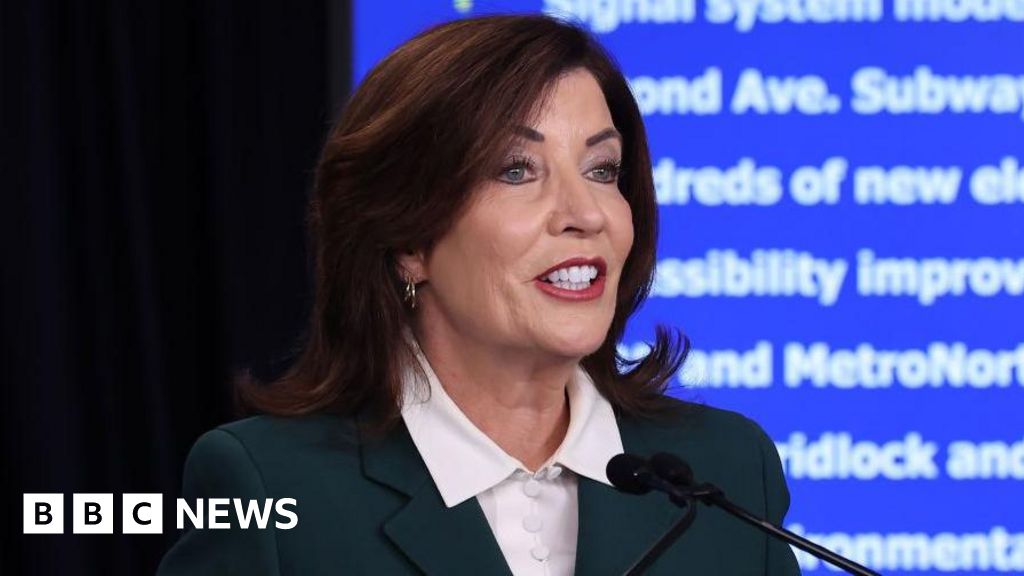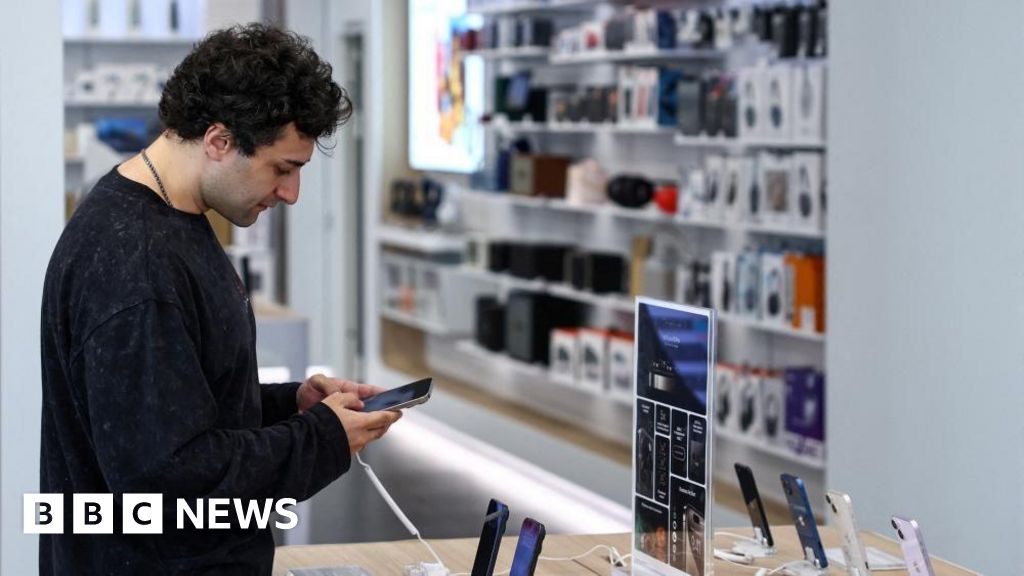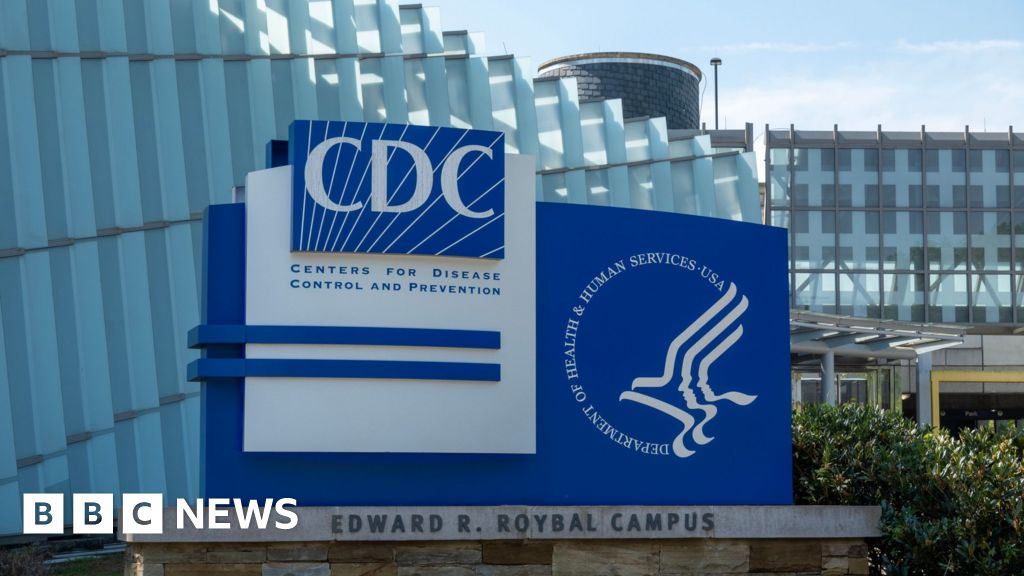ARTICLE AD BOX
Image source, Getty Images
Arguments before the US Supreme Court have begun in the country's most important abortion case in decades.
The case, Dobbs v Jackson Women's Health Organization, concerns a Mississippi law that bans abortions after 15 weeks of pregnancy.
The court has never before allowed bans on abortion before a foetus can survive outside the womb, at around 24 weeks.
The ruling, expected in June, could have nationwide consequences. Millions of women may lose access to abortion.
Both sides of the debate regard this case as an all-or-nothing fight over abortion rights.
Lawyers defending the Mississippi law have explicitly asked the court to overturn two landmark decisions regarding abortion.
The first, 1973's Roe v Wade, gave women in the US an absolute right to an abortion in the first three months of pregnancy, and limited rights in the second trimester.
Nearly two decades later, in Planned Parenthood v Casey, the court ruled that states could not place an "undue burden" on women seeking abortions before foetal viability, about 24 weeks.
In the years since, foetal viability standard has acted as a key line in abortion law, preventing any bans an abortion before this time.
But addressing the court today - with its 6-to-3 conservative majority - Mississippi Solicitor General Scott Stewart told justices that the two rulings "haunt our country" and "poison the law".
Mr Stewart took direct aim at the existing foetal viability standard, arguing that it is not "tethered" to the Constitution or any other historical precedent.
Representing Jackson Women's Health Organization - the only abortion clinic in Mississippi - Julie Rikelman of the Center for Reproductive Rights spoke next, asking the court to strike down the Mississippi law and maintain a woman's right to abortion.
"Mississippi's ban on abortion, two months before viability, is flatly unconstitutional under decades of precedent," Ms Rickelman said. Mississippi's law would "force women to remain pregnant and give birth against their will".
Watch: How a Mississippi challenge could upend abortion rights
If the court strikes down Roe v Wade, or rules that the Mississippi law does not place an undue burden on women seeking abortions before foetal viability, at least 21 states are expected to bring in more restrictive abortion laws.
In these states, nearly half of US women of reproductive age (18-49) - some 36 million people - could lose abortion access, according to research from Planned Parenthood, a healthcare organisation that provides abortions.
Who gets abortions in the US?
There were about 630,000 reported abortions in the US in 2019 according to the US Centers for Disease Control.
This was an 18% decrease compared with 2010.
Women in their twenties account for the majority of abortions - in 2019 about 57% were in this age group.
Black Americans get abortions at the highest rate - 27 per 1,000 women aged 15-44.
The pro-choice Guttmacher Institute says a lack of access to healthcare plays a role, as does discrimination.
Their 2014 survey found three quarters of people receiving abortions were either on low incomes or below the poverty line in the US.

 2 years ago
87
2 years ago
87








 English (US)
English (US)